Principality (Millennium) Stadium – Welsh Rugby Union
The Principality ( former Millennium) Stadium is the national stadium of Wales, located in the capital Cardiff, and is used primarily for rugby union and…
Read MoreUK & International Rugby Stadiums
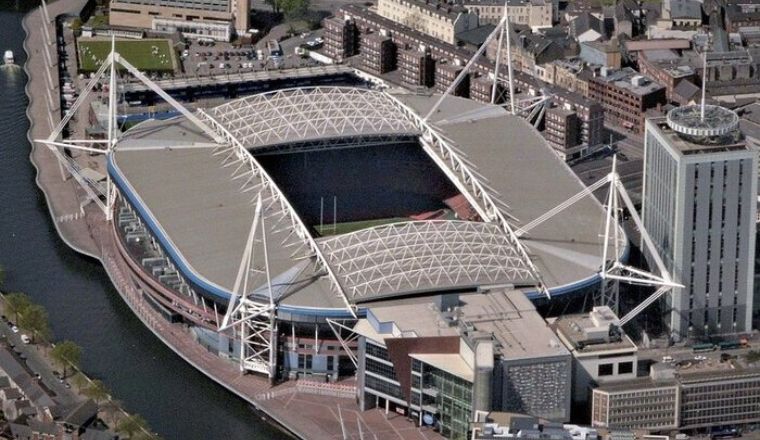
The Principality ( former Millennium) Stadium is the national stadium of Wales, located in the capital Cardiff, and is used primarily for rugby union and…
Read More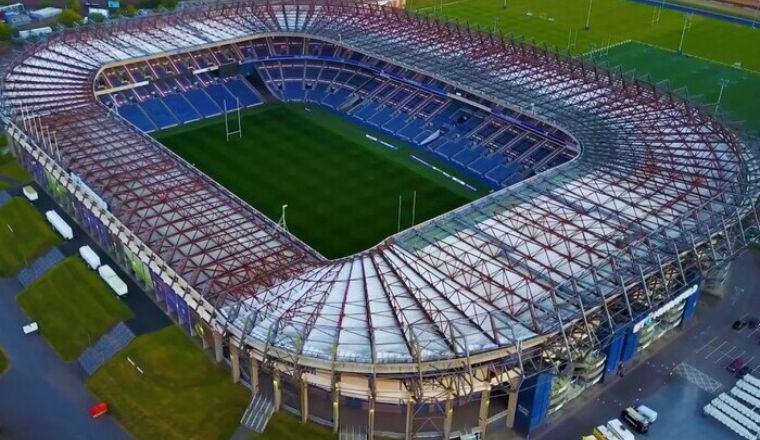
Welcome to our guide to Murrayfield Rugby Stadium, an iconic sporting venue steeped in history and passion. Whether you are a dedicated rugby enthusiast or…
Read More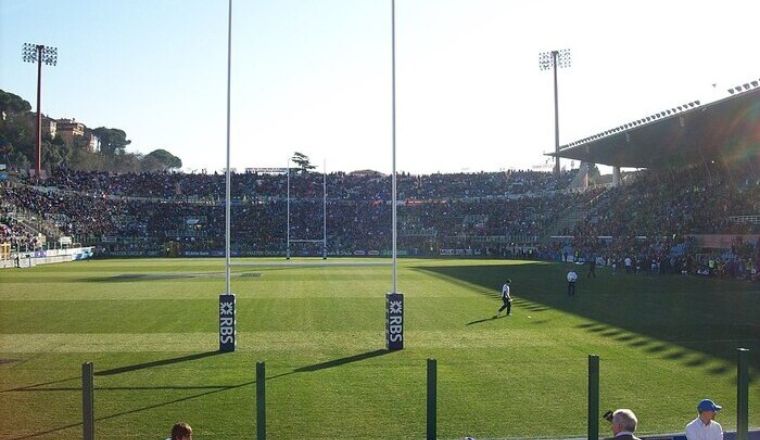
The Stadio Flaminio is a stadium in Rome. It lies along the Via Flaminia, three kilometres northwest of the city centre, 300 metres away from…
Read More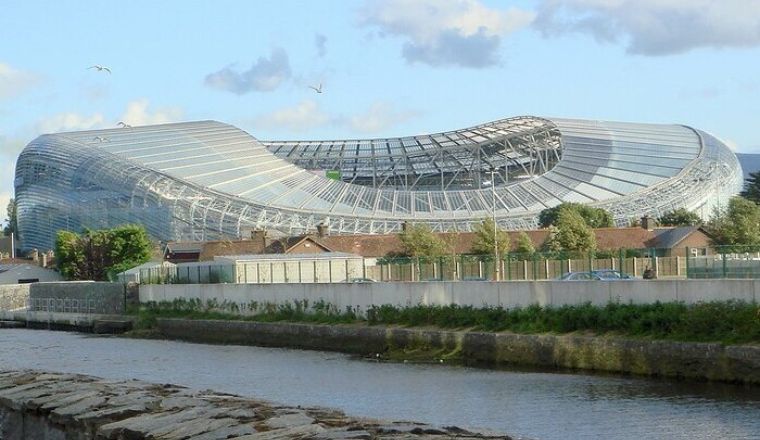
The Aviva Stadium (Irish: Staid Aviva) (also known as Lansdowne Road) is a sports stadium located in Dublin, Ireland, with a capacity for 51,700 spectators…
Read More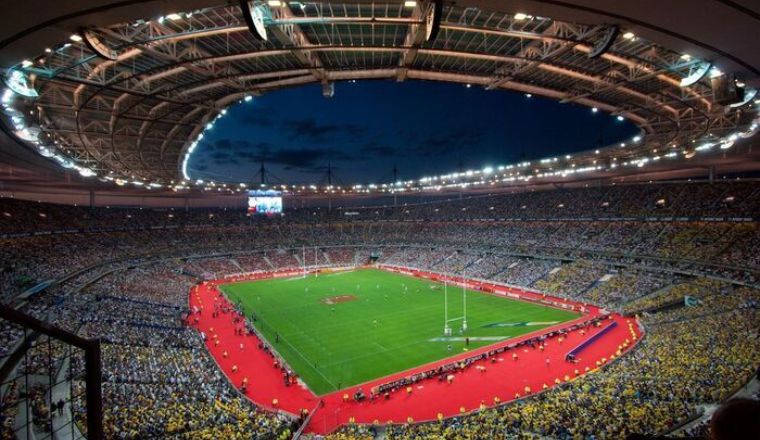
The Stade de France is a stadium in Saint-Denis, France in the inner suburbs of Paris. It has a capacity of around 80,000. The stadium…
Read More